Senate Democrats on Tuesday blocked Republicans’ 14th attempt to reopen the government, effectively guaranteeing that the shutdown will become the longest in US history.
According to a CNN report, the motion to move forward on the House-passed continuing resolution (CR) — which would have funded the government through late November — failed in a 54–44 vote. Republicans need 60 votes to advance the bill.
Three members of the Democratic caucus — Sen. Catherine Cortez Masto (D-Nev.), Sen. John Fetterman (D-Pa.), and Sen. Angus King (I-Maine) — broke ranks to vote with most Republicans. Sen. Rand Paul (R-Ky.) voted against advancing the measure, added the report.
The failed vote marked the 14th attempt by Senate Republicans to reopen the government, which has now tied the previous 35-day shutdown record set in 2019.
Lawmakers from both parties are reportedly growing weary, though many say optimism for a compromise is slowly building, reported Fox News.
Senate Minority Leader Chuck Schumer (D-N.Y.) reiterated that Democrats would not agree to reopen the government without a firm deal on expiring Obamacare subsidies. He placed blame squarely on Republicans and President Donald Trump, accusing them of undermining healthcare access as Americans faced higher insurance premiums.
“The only plan Republicans have for healthcare seems to be to eliminate it, and then to tell working people to go figure it out on their own,” Fox News quoted Schumer as saying on the Senate floor. “That’s not a healthcare plan. That’s cruel,” he added.
Still, cracks appeared in Democratic unity on Monday as nearly a dozen senators met privately to discuss possible compromises.
Senate Minority Leader John Thune (R-S.D.) expressed cautious optimism that the shutdown could end soon, though he doubted it would happen by week’s end.
“The pressures… are great,” Fox News quoted Thune as saying. “But I think there are people who realise this has gone on long enough and that there’s been enough pain inflicted on the American people, and it’s time to end it.”
Lawmakers are now considering amending or extending the current CR to give Congress more time to pass appropriations bills and avoid another short-term closure. Some proposals suggest extending funding through December or January, possibly tied to a “minibus” of spending bills.
Impact Shorts
More ShortsMeanwhile, bipartisan talks continue on healthcare subsidies — a key sticking point.
Sen. Lisa Murkowski (R-Alaska), who has been active in negotiations, said her proposal would extend the subsidies for two years, acknowledging that meaningful reforms would be “really, really hard” to enact given that insurance rates have already been finalised.
“There’s no highly brand-new thing that anybody’s really talking about,” Murkowski said. “It’s just what’s the right concoction?”
Frustration, however, is growing among Democrats over what they see as President Trump’s lack of engagement in direct negotiations. The president has said he will meet with Schumer and House Minority Leader Hakeem Jeffries (D-N.Y.) only after the government reopens and has called on Republicans to eliminate the Senate’s 60-vote filibuster threshold — a move widely seen as unrealistic.
“At no point since Oct. 1 has Donald Trump agreed to sit down with Democratic leaders,” Sen. Andy Kim (D-N.J.) said. “If he’s got time to tweet, he’s got time to just come and talk to us.”
With the shutdown now the longest in US history, both sides face mounting pressure from federal workers and the public to find a compromise and bring the government back online.
With inputs from agencies


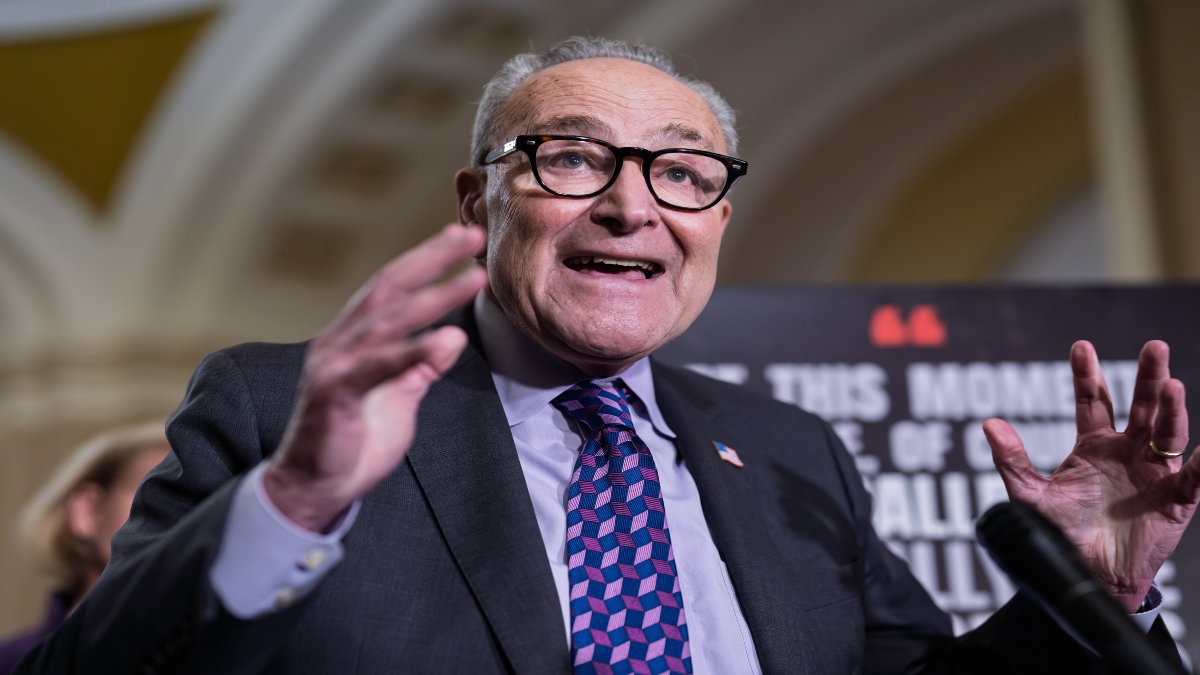)
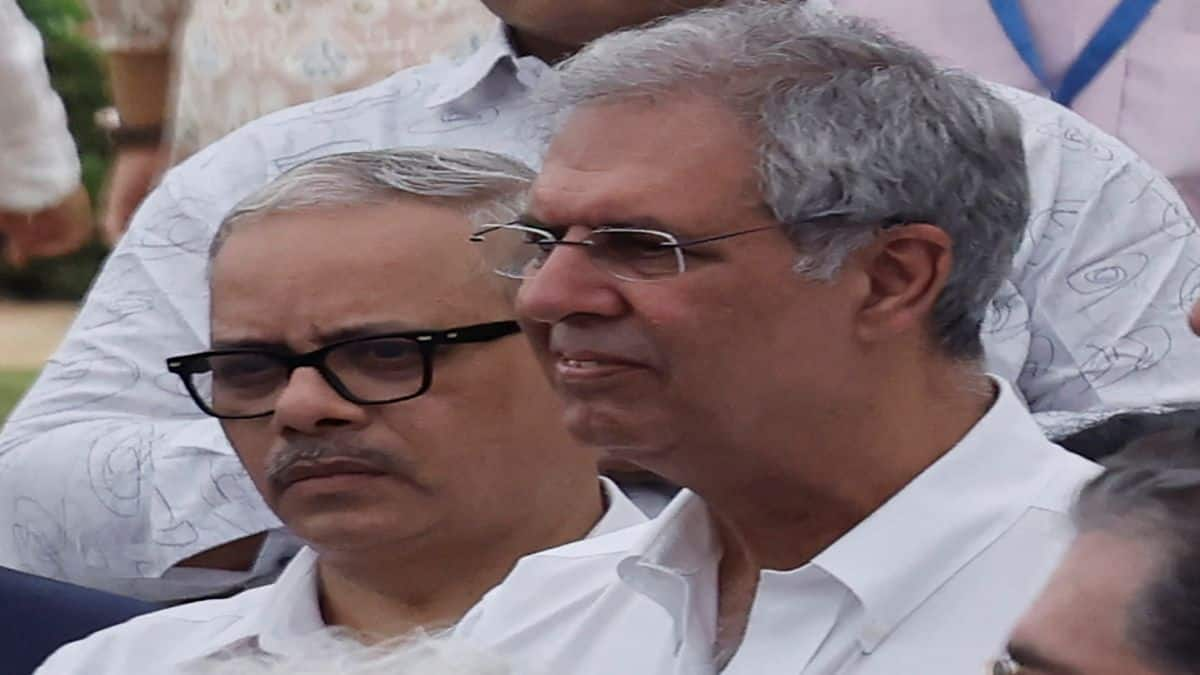
)
)
)
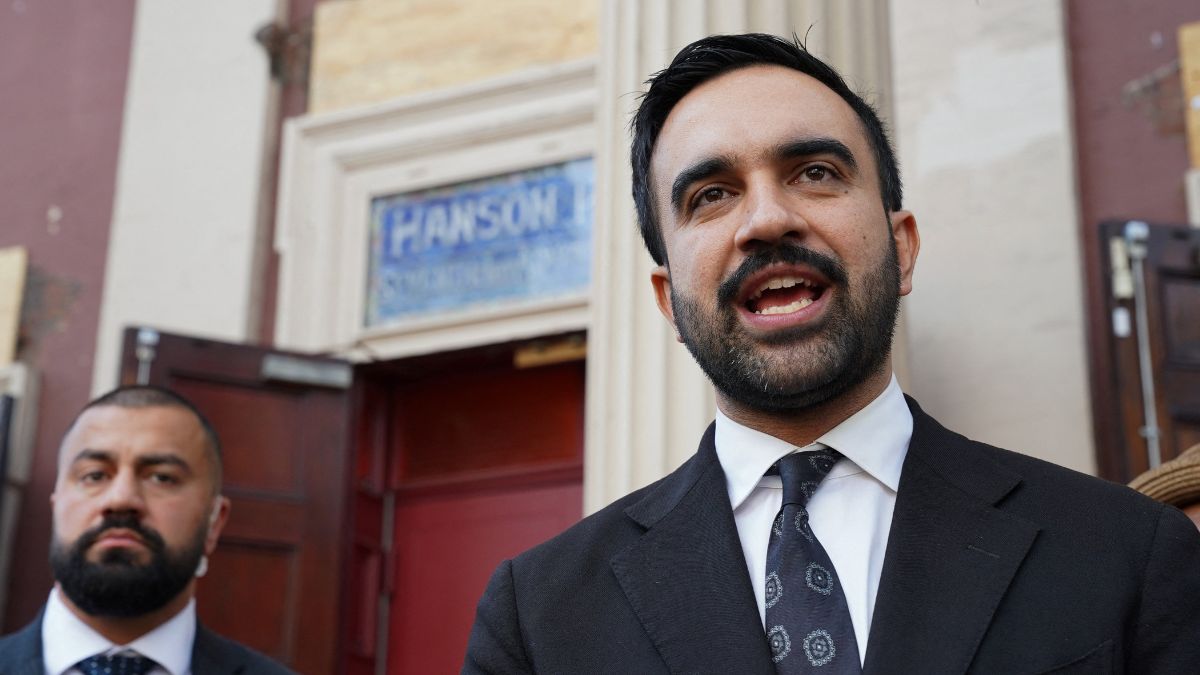)
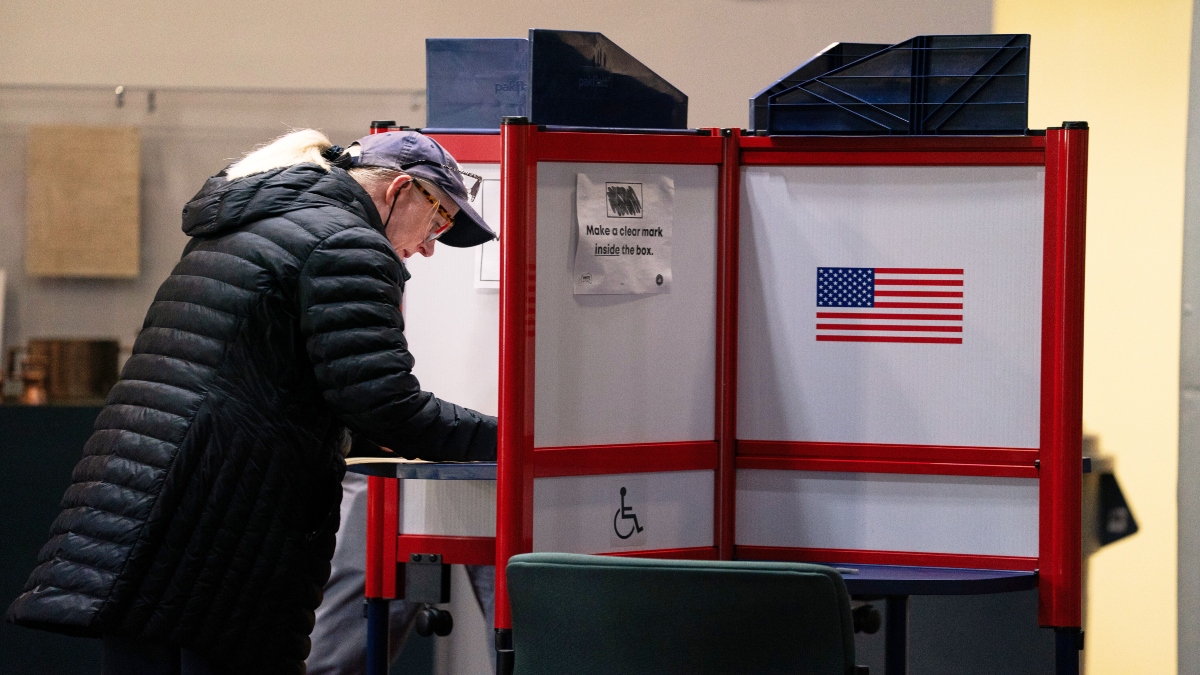)
)
)
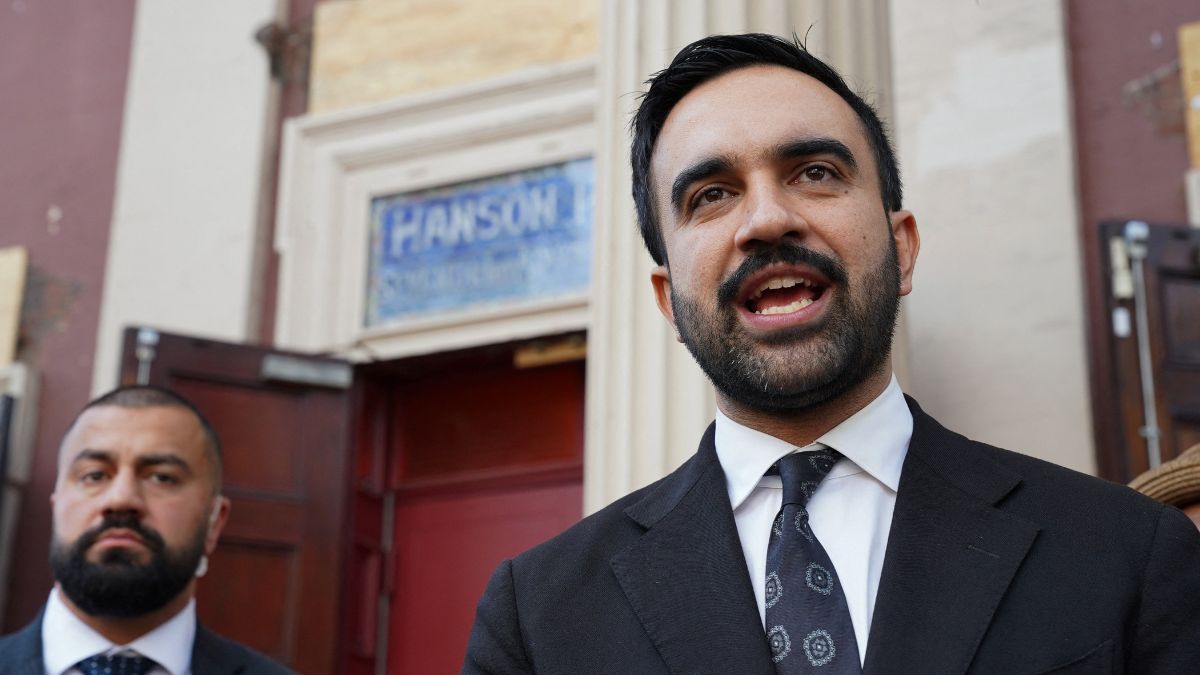)



